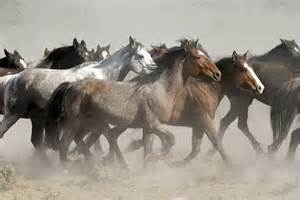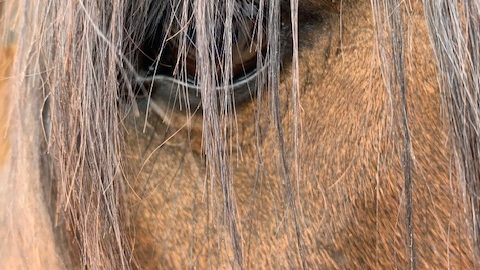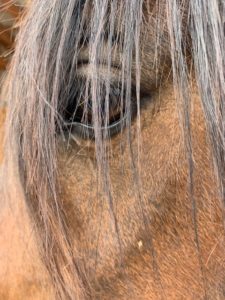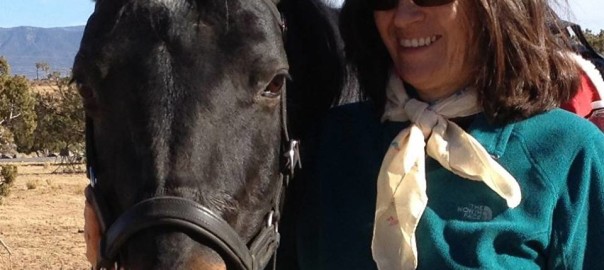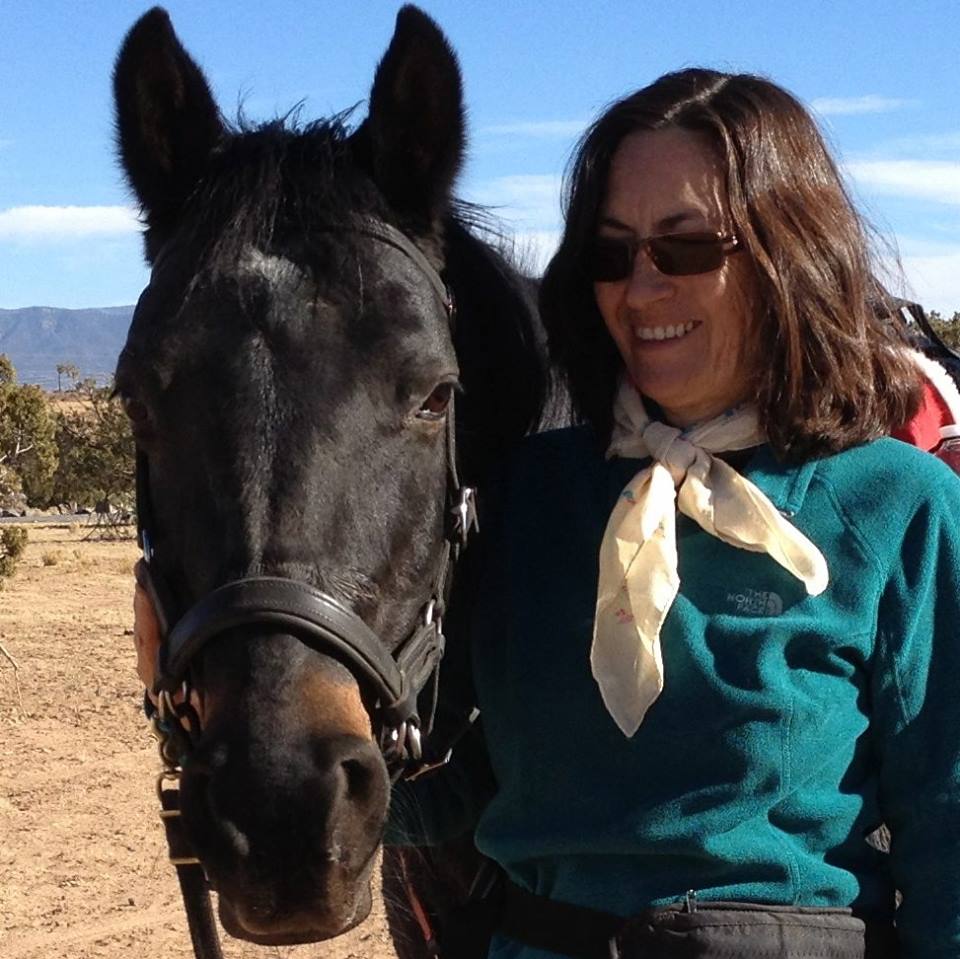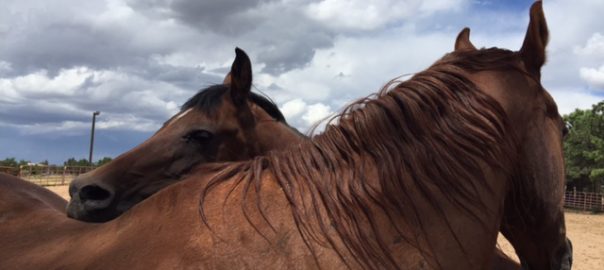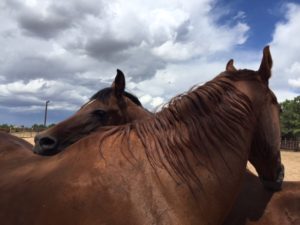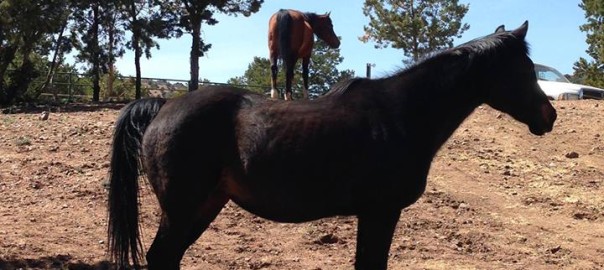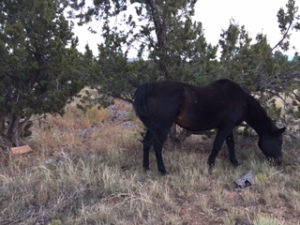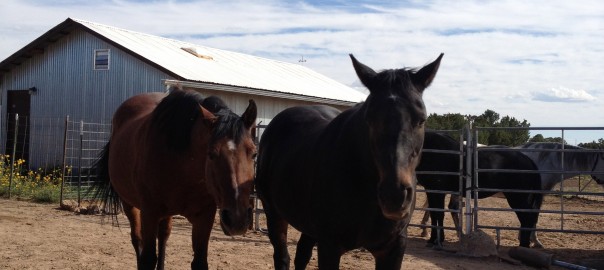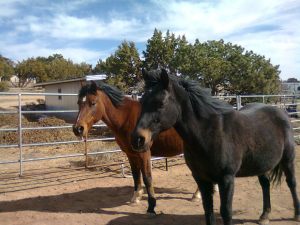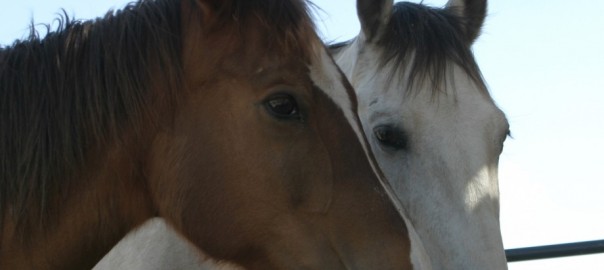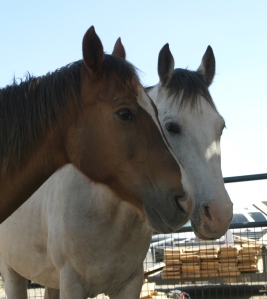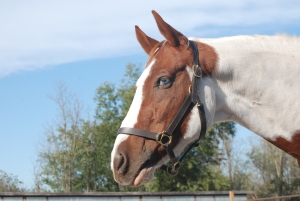The Tokyo Olympics 2021 pentathlon event, which involves participants who are proficient in fencing, freestyle swimming, equestrian show jumping, pistol shooting and cross-country running, resulted in mishaps and angry, abusive people at the equestrian segment. Why is that?

The course, up to 1.20 m, flooded the equine and other media, and some Olympic medalists say that the reason the horses balked at jumps, reared, and dumped their riders in the competition was because they only had 20 minutes to “get to know” their riders before performing. These are horses that are well schooled, provided especially for this event and riders select horses from a random draw. The people riding are also not necessarily good riders – one article said that some don’t even know how to do a rising trot! They may be excellent at swimming, fencing, pistol shooting, but not at the riding part, which would then indicate that they can’t manage a horse well under normal circumstances but particularly when it goes into stress mode.
The whole event is stressful, let’s face it. That horses can and do perform under such conditions is quite phenomenal.
Horses don’t think as humans do. The coach who punched a horse and instructed her rider to whip the horse was obviously completely out of line, pulled along by anger and frustration. While the horse napped, the rider was seen hitting and kicking the horse. As he neared the fence, the coach leaned over and struck him with her fist. The horse wasn’t doing well physically to begin with or he wouldn’t have been trying to sleep.
Many complained about horses’ performance overall. Other horses resisted the jumps too. But the horse is always right. So whatever was going on here started with the humans and their lack of understanding and concern for the horses’ needs.
Basically the absence of a relationship built with the horse over a longer period of time, plus disregard for the horse and rider’s mental well being, contributed to the breakdown in the first place. Physical violence added to that created chaos, and that chaos rippled through the horsie-verse like a bolt of lightning. Shared consciousness. We’re outta here. The horses bonded in a universally panicked response. Some held their ground and did okay. But too many horses who weren’t smacked around responded with resistance and fear.
Once that chaos and fear zoomed through the other horses, they reverted to their herd instinct. I have a mental image of them all running from the arena together. That didn’t happen of course because there is a cast of thousands in that arena managing the horses.
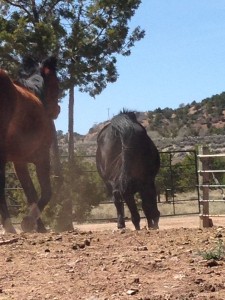 These are horses who have no relationship with their riders. They are ridden by many different riders in preparation for this event and considered “schoolmasters.” But to go through an event at this high level of stress, they need the relationship. When things get scary it’s not enough to simply know how to ride, you need to know the way that animal thinks, moves, it’s preferences, what frightens it, know it deep down so that you can set up the best possible outcome. If introducing a horse to new things, it’s best if he has a familiar, much loved person to help him or her through it all.
These are horses who have no relationship with their riders. They are ridden by many different riders in preparation for this event and considered “schoolmasters.” But to go through an event at this high level of stress, they need the relationship. When things get scary it’s not enough to simply know how to ride, you need to know the way that animal thinks, moves, it’s preferences, what frightens it, know it deep down so that you can set up the best possible outcome. If introducing a horse to new things, it’s best if he has a familiar, much loved person to help him or her through it all.
Horses don’t think like humans, they don’t have a pre-frontal cortex like we do, so we can figure out how to pay bills and how to write articles about horses, etc. But what they do have is a motor cortex, and the motor cortex allows them to learn patterns and behaviors. They learn good ones just as easily as bad ones. They have the ability to form deep relationships. But they are going to operate instinctively if frightened, and in some cases forget everything they know in an instant.
They will be able to recover from upset much easier if they and their person are bonded, fused in a way that may not be visible to the outside casual observer. When I watched some of the really bonded Olympic pairs, such as Charlotte DeJardin and her new horse, I feel that they enjoy each other. Some others are operating on automatic.
This is not to say that all horses need their special person all the time. There are some people who can come into the presence of a horse they don’t know and the horse is immediately comforted and there is no question. The horse wants an immediate bond, without the preparation of years. Some trainers have this ability to infuse confidence in a horse right away. Even in these cases, the riding relationship is different than the on-the-ground relationship. The horse may not want the person he has just met to climb on his back, in spite of feeling happy in their presence.
I have ridden horses on endurance rides whom I didn’t know, but was fortunate enough to ride them the night before, brush and play with them a little bit, and everything turned out alright. I was also riding alongside the owner so she could advise me as to how to manage her, her preferences, how much contact, etc. I was acutely aware of how the horse moved differently from my own, and but relied on my general knowledge for that part of the journey. By the end of the ride, I always wanted to buy the horse (not for sale!), because we had had such a great time together.
Keep in mind this is over 50 or so miles, about 6-10 hours in the s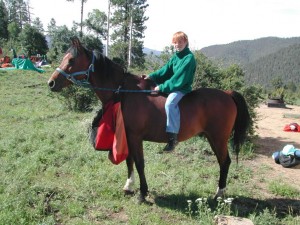 addle, not a short stint in an Olympic arena that involves maybe 5-10 minutes of connection! Plus the stress level is way down on the meter. We were riding to win a t-shirt, not an Olympic gold medal.
addle, not a short stint in an Olympic arena that involves maybe 5-10 minutes of connection! Plus the stress level is way down on the meter. We were riding to win a t-shirt, not an Olympic gold medal.
I’m so glad to hear that the German Olympic federation has called for a rule change to address the excessive demands on the horse-rider teams.
The fact that so many horses lost their cookies at this event affirms their strength in numbers, their wonderful herd instinct that can sometimes get them into trouble. They also exposed some human cruelty and ego. In this case, horses took the world stage, if not the medals. Well done, horses!



